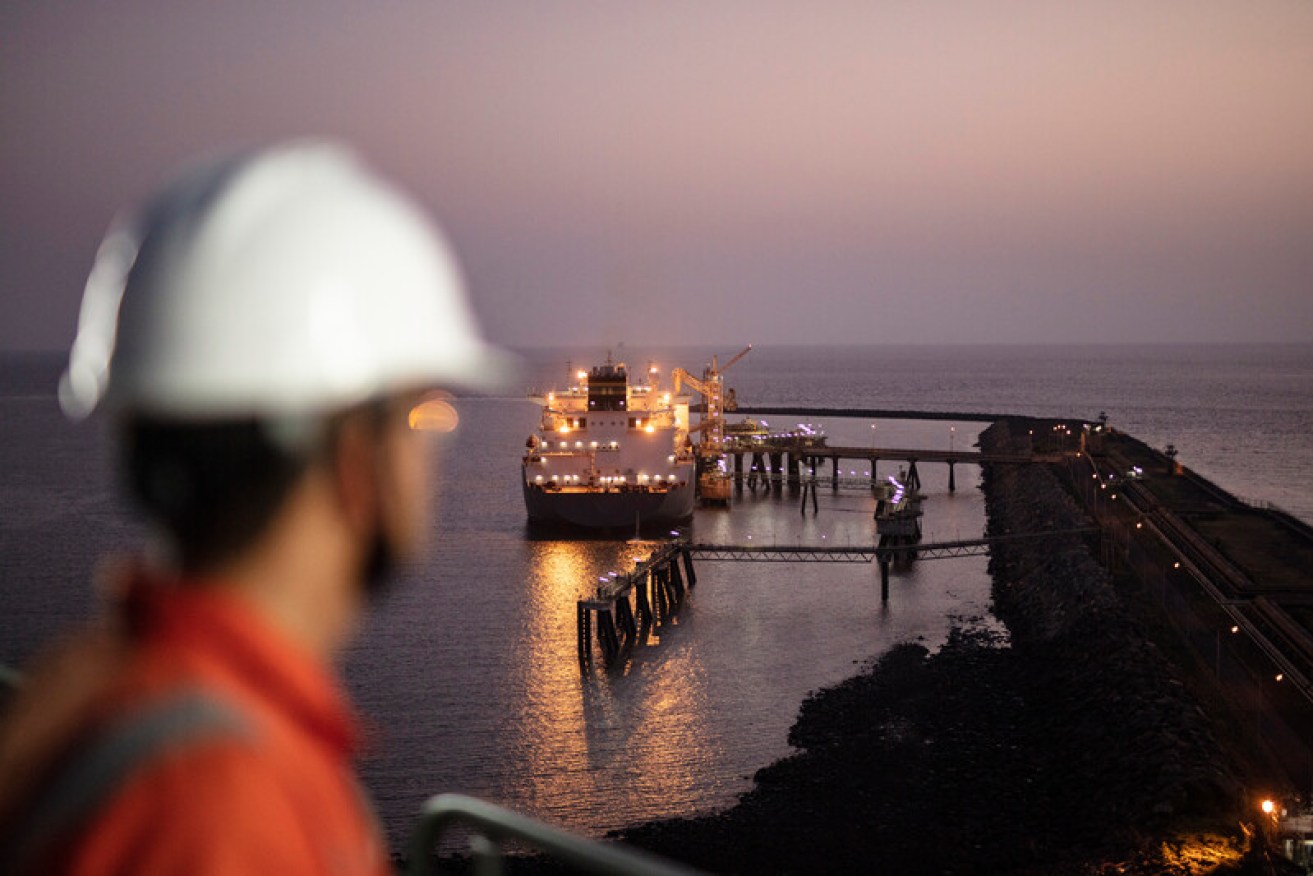Shell QGC admits job losses loom but won’t say how many
Shell QGC has downplayed reports that about 180 jobs had been scheduled to go from its Queensland operations as part of its global restructuring.


LNG exports are forcing up prices in Brisbane
The global energy giant has targeted about 9000 jobs to go as it restructures and looks to become a net-zero emissions company by 2050.
But it has refused to be put a figure on the jobs losses despite claims in regional media that the process was already underway and a total 181 jobs would go. Shell however, said the number would not be known until August and there was likely to be redeployments involved.
But it has also said its LNG business, which is its sole business in Queensland, was showing remarkable resilience after prices hit a record low in early 2020 and then rebounded to six-year highs towards the end of the year.
The problems at Shell contrast with a resources sector that is dealing with major new growth trends that saw exploration across all parts of the industry jump by 23 per cent or $130 million in 2020.
“Shell is undergoing and implementing a strategic review of the organisation, which intends to ensure we are set up to thrive throughout the energy transition and be a simpler organisation,” a spokesperson said.
“As indicated last year, because of the efficiencies we expect to gain we will reduce between 7000 and 9000 jobs globally by the end of 2022. We are on track with that process.
“The uncertainty caused by the current macro conditions is expected to persist for some time, and financial resilience is fundamental to our ability to sustainably weather those pressures.
It said China and India led the recovery in demand for LNG following the outbreak of the pandemic. China, which has not extended its trade bans to LNG, increased its LNG imports by 7 million tonnes to 67 million tonnes, an 11 per cent increase for the year.
Shell said China’s announcement of a target to become carbon neutral by 2060 would continue driving up its LNG demand.
India increased imports by 11 per cent in 2020 as it took advantage of lower-priced LNG to supplement its domestic gas production.
Queensland Resources Council chief executive Ian Macfarlane said increased investment in coal, metals and gas exploration was a strong signal in the long-term confidence of the resources sector.
“These latest exploration investment figures tell a very positive story about the new discoveries, new investment and new jobs that are going to help Queensland work and earn its way through COVID,” Macfarlane said.
“These results are remarkable because just like every other industry, resources has been impacted by COVID-19.
The Australian Bureau of Statistics data released today shows the overall investment in resources sector exploration last year was $679.4 million, which is almost $130 million above the 2019 investment.
Exploration investment in minerals increased by 18 percent to $411.7 million in 2020 with coal and base metals, including gold, all up. Exploration investment in petroleum, including gas, also increased by 31 percent to $267.7 million last year.












